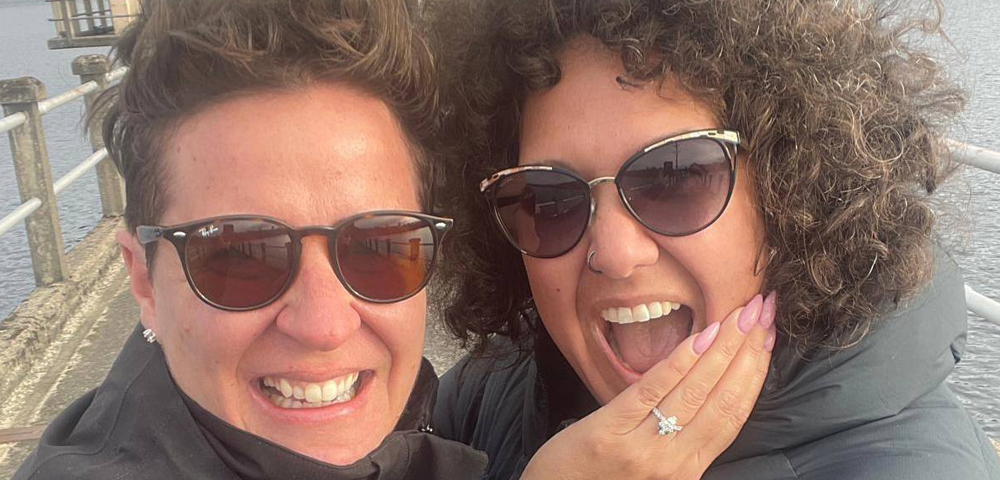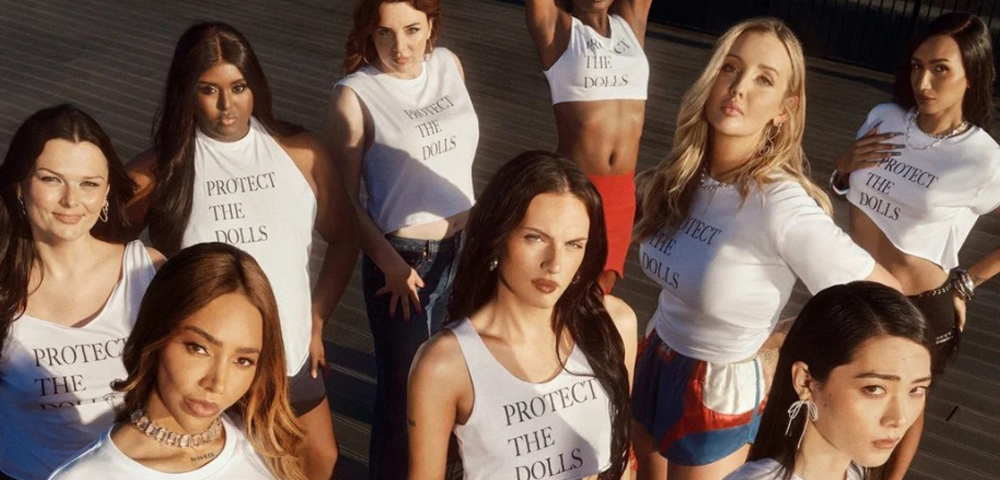
Grindr Sued For Allegedly Sharing Users’ HIV Status With Third Parties

Gay dating app Grindr has been given a huge lawsuit in the UK for allegedly sharing private information, such as HIV status, to third parties without the consent of users.
The case, which is being launched by Austen Hays, seeks to investigate a number of claims that the app has breached data protection laws.
Data that could have been shared includes HIV status, location, IP address and data relating to the sex lives of users.
This data was allegedly shared with advertising companies such as Localytics and Apptimize, who Austen Hays says either delivered advertisements themselves or passed on the data to additional fourth party advertisers.
The lawsuit also claims that third and fourth parties have possibly retained data after it was shared with them, and that Grindr was paid to allow these parties to keep the data.
Previously, Grindr has received a fine from Norway and a reprimand from the United Kingdom for selling user data to advertisers, in breach of each respective country’s rules surrounding data protection.
Austen Hayes is claiming that the data breaches mainly occurred before April 3rd 2018 and between May 25th 2018 and April 7th 2020, though it’s possible that there are more periods with data breaches.
Austen Hayes lawyers and Grindr on the claim
The lawsuit’s claim was filed on Monday April 22nd in the UK with 670 claimants already part of the case. The firm says that the potential number of claimants could be huge, owing to the large user base of Grindr.
Managing Director of Austen Hays Chaya Hanoomanjee is leading the charge on the lawsuit, and spoke to why she believes the case is important for the queer community.
“Our clients have experienced significant distress over their highly sensitive and private information being shared without their consent, and many have suffered feelings of fear, embarrassment and anxiety as a result,” she said.
“Grindr owes it to the LGBTQ+ community it serves to compensate those whose data has been compromised and have suffered distress as a result, and to ensure all its users are safe while using the app, wherever they are, without fear that their data might be shared with third parties
“Grindr users who think they may be affected by this breach should join the claim so that we can seek redress for them.”
Meanwhile, a spokesperson from Grindr responded by denying the allegations made by the claim, stating that “Grindr has never shared user-reported health information for ‘commercial purposes’ and has never monetised such information.
“We intend to respond vigorously to this claim, which appears to be based on a mischaracterisation of practices from more than four years ago, prior to early 2020.”
Australian response to the lawsuit
Simon Ruth, CEO of Melbourne-based HIV support organisation Thorne Harbour Health, commented on the Grindr data breach and its unfortunate consequences for HIV positive members of the LGBTQIA+ community.
“When online platforms ask users for information about their health status, they have a responsibility to fiercely protect that information,” he said. “We’ve seen what happens when this sensitive data falls into the wrong hands and how that can be weaponised.
“Unfortunately, people living with HIV still face significant stigma and discrimination, and how they disclose or share their status is their decision and theirs alone.
It’s also worth noting that for many gay and bi+ men, disclosure of their sexuality without their permission poses risks to their wellbeing.
He concluded: “This is also an unfortunate reminder for the communities we serve that sharing health information online comes with a level of risk, and while we believe the platforms themselves need to be more vigilant and accountable with this information, everyone needs to carefully consider when and how they provide of this information in online spaces.”
Scott Harlum, President of the National Association of People With HIV Australia, echoed similar sentiments on the need for privacy and safety in online spaces.
“Disclosing HIV status can expose people to stigma and discrimination,” he said. “That is why HIV status should never be disclosed without the prior consent of the person with HIV.
“We note that in dating environments such as Grindr, people often feel comfortable sharing their HIV status and the fact that they are on HIV treatments and have an Undetectable Viral Load meaning that they cannot pass on HIV (U=U).
“We also note that disclosing the date of a person’s most recent HIV test is not an indicator of HIV status. Reliable HIV prevention strategies include the use of condoms, Pre-Exposure Prophylaxis and U=U.
“HIV positive people should think carefully before disclosing their HIV status because once disclosed it cannot be taken back and future disclosures are unpredictable.
“It is not appropriate for us to comment on the Court case in the UK as it is still unfolding. However we are watching it closely.”










They have been doing this all around the world and also practising homophobia again older subscribers banning them.